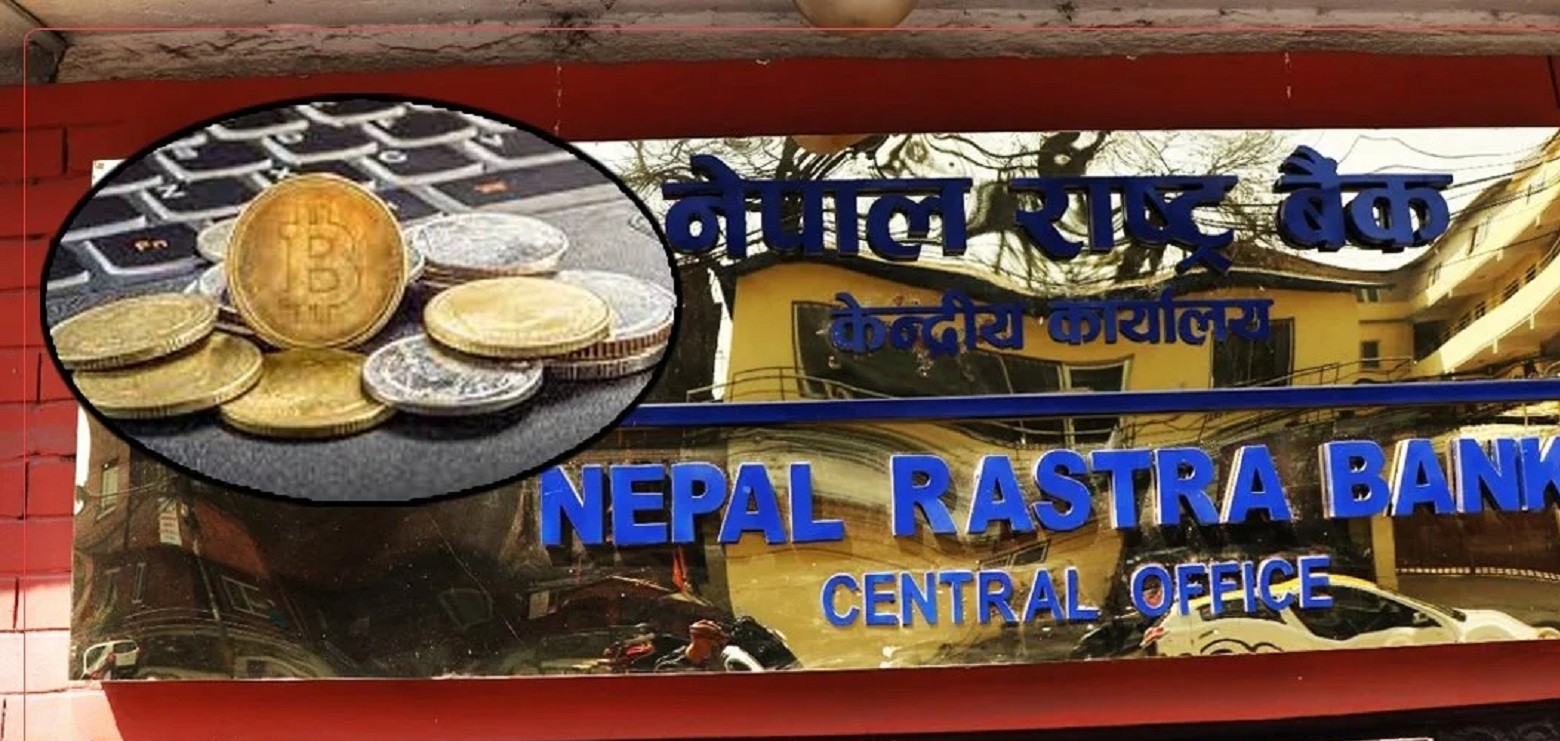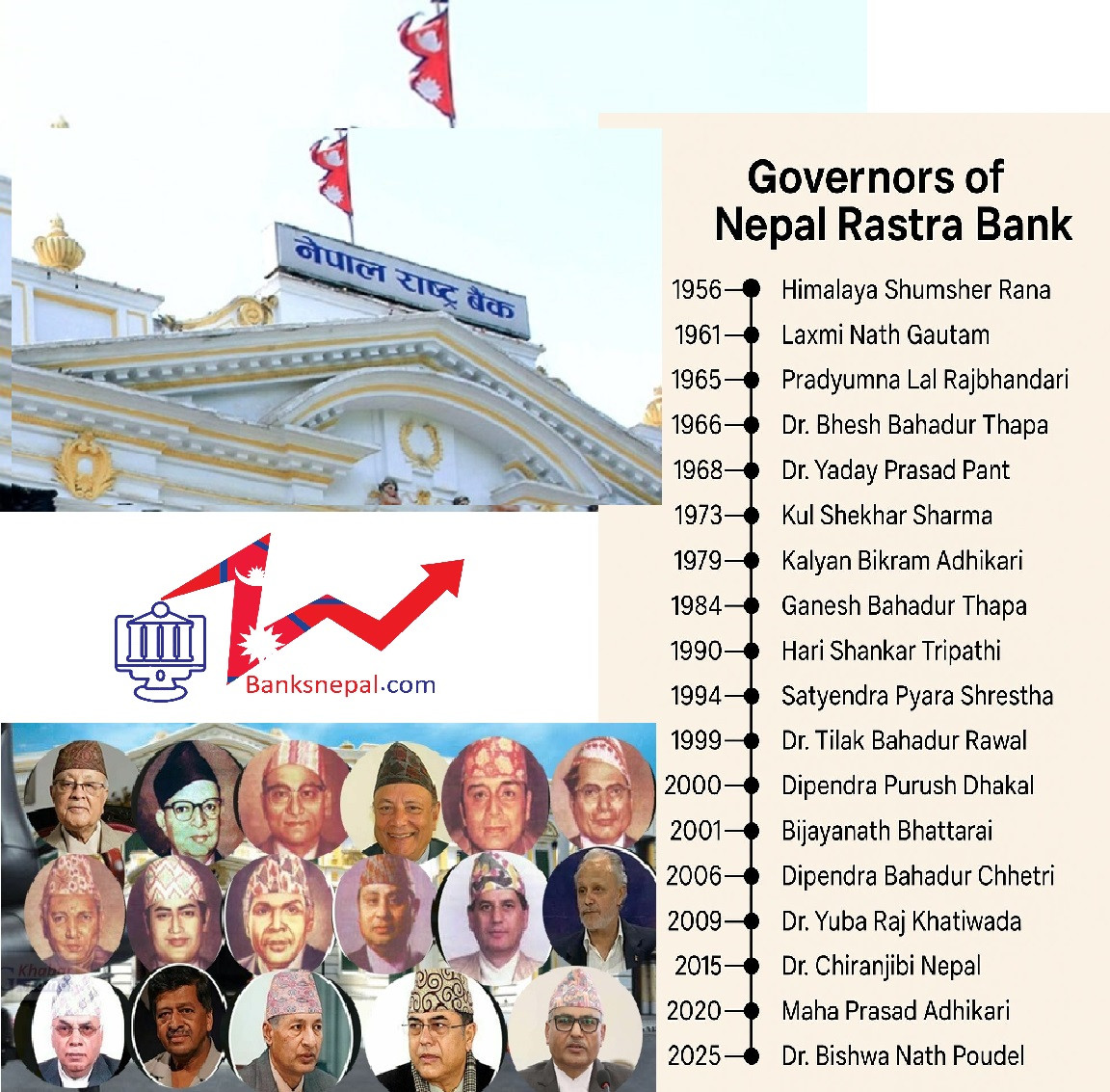
Kathmandu. The government bond is issued by Nepal Rastra Bank and traded in NEPSE (secondary market). The government bonds issued in Nepal are categorized under five types: Development Bond (DB), Citizen Saving Bond, Foreign Bond, Special Bond and National Saving Bond.
Bond Investments in Nepal - Theseus
Stocks are shares of the individual companies, but bonds are debt. Investors on bonds are paid interest on loans they have lent to the entities and government while stockholders are part of the ownerships of the companies they have invested on and get dividends depending on the companies´ financial performance. Most bond issuers are governments, banks, or corporate entities. Underwriters are investment banks and other firms that help issuers sell bonds.
A bond is a fixed-income instrument that represents a loan made by an investor to a borrower (typically corporate or governmental). Bond details include the end date when the principal of the loan is due to be paid to the bond owner and usually include the terms for variable or fixed interest payments made by the borrower.
KEY TAKEAWAYS
Bonds are units of corporate debt issued by companies and securitized as tradeable assets.
A bond is referred to as a fixed-income instrument since bonds traditionally paid a fixed interest rate (coupon) to debtholders.
Variable or floating interest rates are also now quite common.
Bond prices are inversely correlated with interest rates: when rates go up, bond prices fall and vice-versa.
Bonds have maturity dates at which point the principal amount must be paid back in full or risk default.
Most bonds share some common basic characteristics including:
Face value (par value) is the money amount the bond will be worth at maturity; it is also the reference amount the bond issuer uses when calculating interest payments. For example, say an investor purchases a bond at a premium of $1,090, and another investor buys the same bond later when it is trading at a discount for $980. When the bond matures, both investors will receive the $1,000 face value of the bond.
The coupon rate is the rate of interest the bond issuer will pay on the face value of the bond, expressed as a percentage.
1 For example, a 5% coupon rate means that bondholders will receive 5% x $1,000 face value = $50 every year.
Coupon dates are the dates on which the bond issuer will make interest payments. Payments can be made in any interval, but the standard is semiannual payments.
The maturity date is the date on which the bond will mature and the bond issuer will pay the bondholder the face value of the bond.
The issue price is the price at which the bond issuer originally sells the bonds. In many cases, bonds are issued at par.
Bonds are among the major investment instruments in the world along with stocks. Stocks are shares of the individual companies, but bonds are debt. Investors on bonds are paid interest on loans they have lent to the entities and government while stockholders are part of the
ownerships of the companies they have invested on and get dividends depending on the companies´ financial performance. The Nepalese bond market is relatively small and has not done effective work in the security market for years. Nepal Stock Exchange (NEPSE) is the only trading
floor that trades mainly shares and comparatively low numbers of development bonds in the country. On the other hand, the USA being the major developer of the bond market in the world has different types of bonds to invest in and the yield
curves and credit rating agencies that help to analyze investors to risk their capital. The neighboring country India still also has an underdeveloped debt market where the two main factors corruption and political instability are quite similar to that of Nepal. Though it has some credit rating agencies which Nepal totally lacks, it has been found that ratings by such agencies are misleading to investors.
While considering the present financial market situation in the country, bankers, brokerages, and academicians have some recommendations to all the parties involved in the trading of every kind of assets, especially debt security. With their many years of experience they have proposals to the government of Nepal on how the bond market could be developed in a shorter time and why is it critical to let people know about bonds and bond terms for the country´s economic growth.






